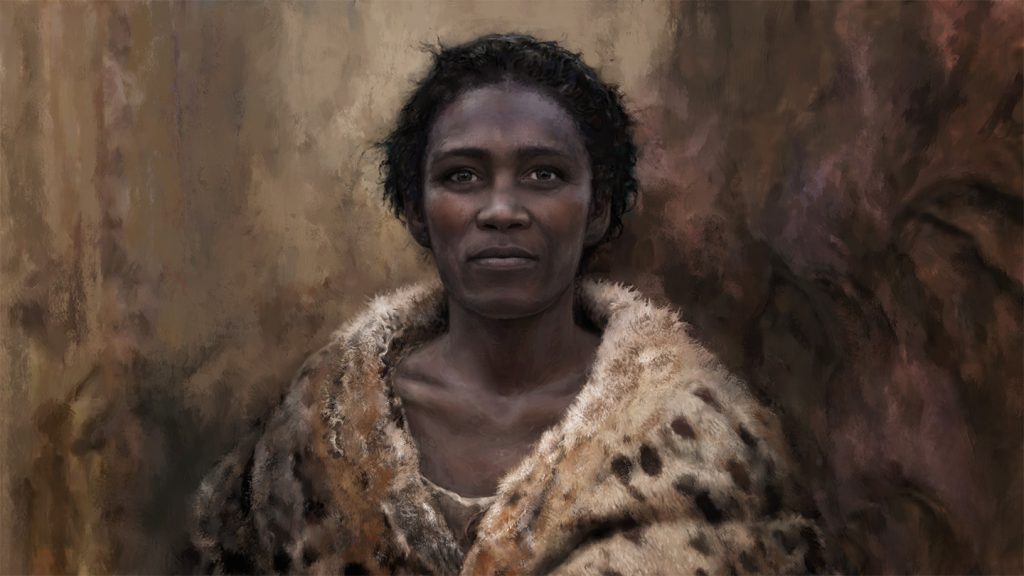McKenzie Prillaman, a Washington, DC-based science and health journalist, embodies the convergence of scientific inquiry and effective communication. Her academic background, encompassing a bachelor’s degree in neuroscience from the University of Virginia and a master’s degree in science communication from the University of California, Santa Cruz, underscores her commitment to bridging the gap between scientific discovery and public understanding. This dual expertise positions her uniquely to translate complex scientific concepts into accessible narratives, empowering individuals to engage with the latest advancements in science and health.
Prillaman’s neuroscience background provides a robust foundation for understanding the intricacies of the human brain and nervous system. This knowledge base equips her with the intellectual tools to dissect complex research findings related to neurological disorders, mental health, and the biological underpinnings of behavior. Her studies at the University of Virginia likely exposed her to a diverse range of topics within neuroscience, from cellular and molecular mechanisms to cognitive processes and behavioral neuroscience. This grounding in the biological sciences allows her to approach health and science reporting with a nuanced perspective, recognizing the complexities and interconnectedness of biological systems. It also equips her to critically evaluate scientific studies and discern credible findings from unsubstantiated claims.
Complementing her scientific acumen, Prillaman’s master’s degree in science communication from the University of California, Santa Cruz, hones her ability to effectively convey scientific information to a wider audience. This specialized training likely encompassed a range of disciplines, including journalism, storytelling, visual communication, and public engagement. It would have provided her with the skills to craft compelling narratives that capture the essence of scientific discoveries, while accurately representing the scientific method and its inherent uncertainties. Furthermore, it would have instilled an appreciation for the ethical considerations involved in communicating scientific information, particularly in sensitive areas such as health and medicine.
The combination of these two distinct yet synergistic fields of study allows Prillaman to approach science journalism with a comprehensive understanding of both the science itself and the art of communication. She can effectively navigate the complexities of scientific research, discerning the most salient points and translating them into clear, concise, and engaging prose. This ability to communicate complex scientific concepts in an accessible manner is crucial for bridging the gap between the scientific community and the public, fostering a greater appreciation for scientific endeavors and promoting informed decision-making.
Her internship at Science News in the spring of 2023 provided Prillaman with invaluable practical experience in the field of science journalism. Science News is a reputable publication known for its rigorous reporting on a wide range of scientific topics. This internship likely exposed her to the fast-paced world of science news, requiring her to quickly grasp new concepts, conduct thorough research, and produce high-quality articles under tight deadlines. It also provided an opportunity to work alongside seasoned science journalists, learning from their expertise and honing her own journalistic skills. This practical experience, combined with her academic credentials, positions Prillaman as a promising voice in the field of science communication.
In conclusion, McKenzie Prillaman represents a new generation of science journalists equipped to navigate the increasingly complex landscape of scientific discovery and its societal implications. Her background in neuroscience provides a strong foundation for understanding the complexities of biological systems, while her training in science communication empowers her to translate this knowledge into engaging and accessible narratives. Her internship at Science News further solidifies her commitment to accurate and impactful science reporting, suggesting a bright future in communicating science to the world. Her work promises to contribute to a more scientifically literate public, fostering informed discourse and empowering individuals to engage with the transformative power of scientific advancement.


